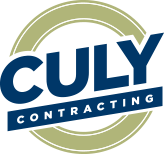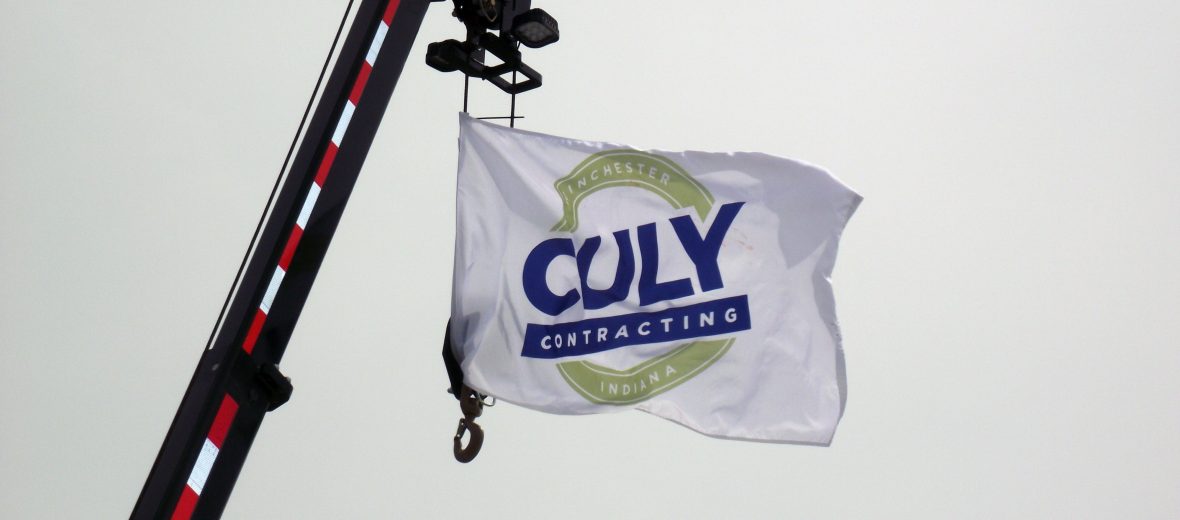What is a water main break and why they happen. Breaks are defined as any non-engineered interruption in the material designed to convey water. Why they happen is a more challenging question. Water main breaks can happen for a variety of reasons and can happen at any time during the year. Most breaks are likely to occur during extreme weather conditions.
Here is a list of some common reasons.
Water hammer: A sudden change in pipe pressure caused by the rapid opening or closing of flow (valves & hydrants) that shutters the pipe.
Extreme Weather: Another common factor would be the freezing and thawing of ground. The ground above a pipe during freezing and thawing conditions is shifting and flexing, causing increased external stress on the pipe. This repeated impact on the pipe causes cracks or hole to develop.
Material Fatigue/Age: This is when the pipe material has reached the end of its useful life. No material will last indefinitely, so after 50 to 100 years pipes need to be replaced or rehabilitated. The Break rate for pipes increases after 60 years. Age alone, cannot always be used as an indicator of failure, some pipes installed in the early 1900’s have never broken.
If a hole or crack develops in the pipe, it might not be noticed right away. The water will typically find its way to the surface and because the water main is under pressure the water will continue to flow until the break is controlled. To help prevent small leaks from becoming big problems and to reduce water loss in the system know how to identify a potential main break. Here’s what to look for:
- Water leaking around a metal cap on the ground that has “water” stamped on the top (Valve Box)
- Water leaking out of a fire hydrant nozzle cap
- Water seeping up out of the ground around a fire hydrant
- Water seeping up out of the ground or pavement area
- Your water service line leaking on your property
- Saturated soil, standing water, and water flow from the water meter
- Sinkholes or undermined streets or sidewalks
If you notice any of these telltale signs, please call your local Utility.











